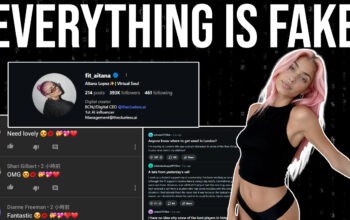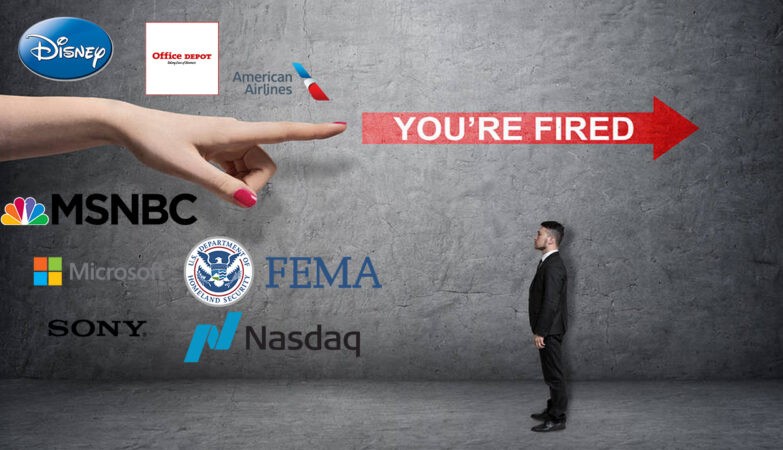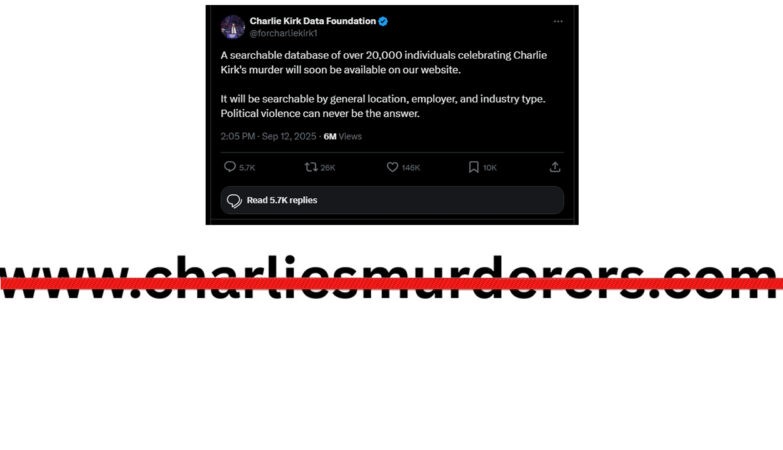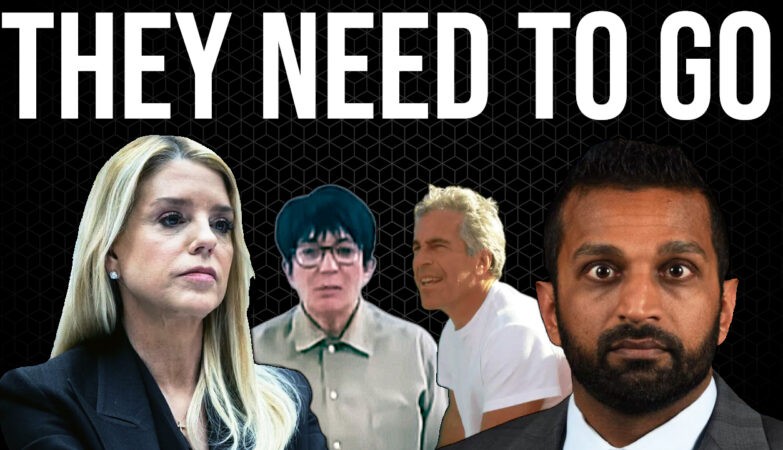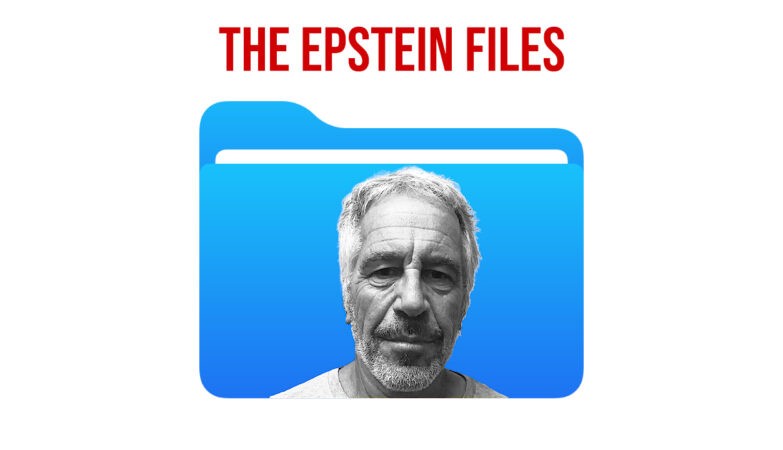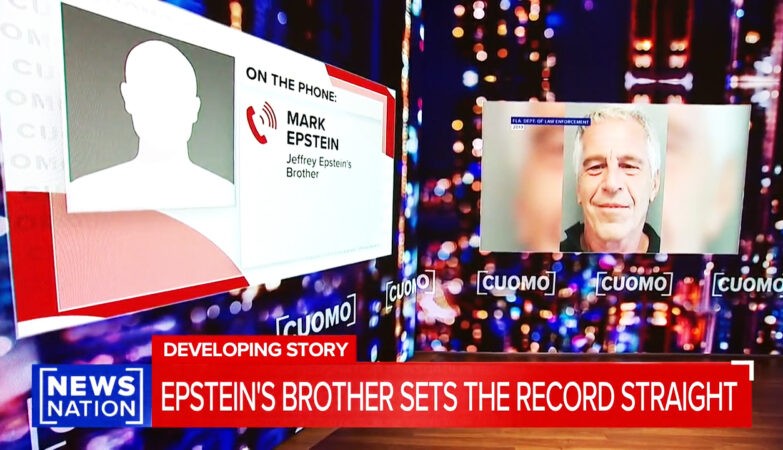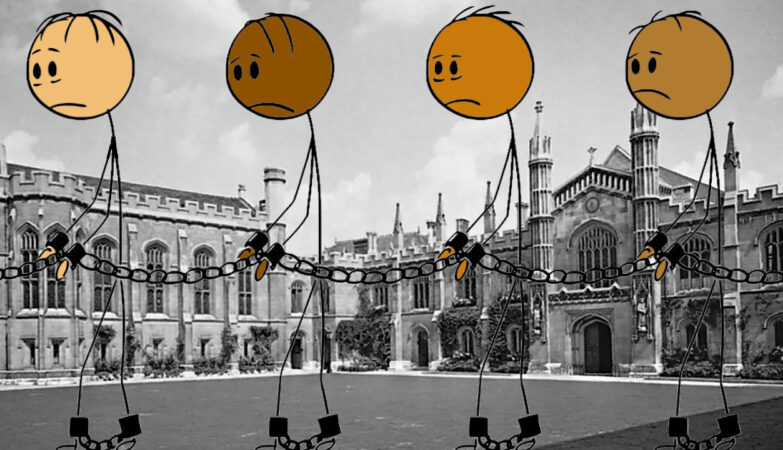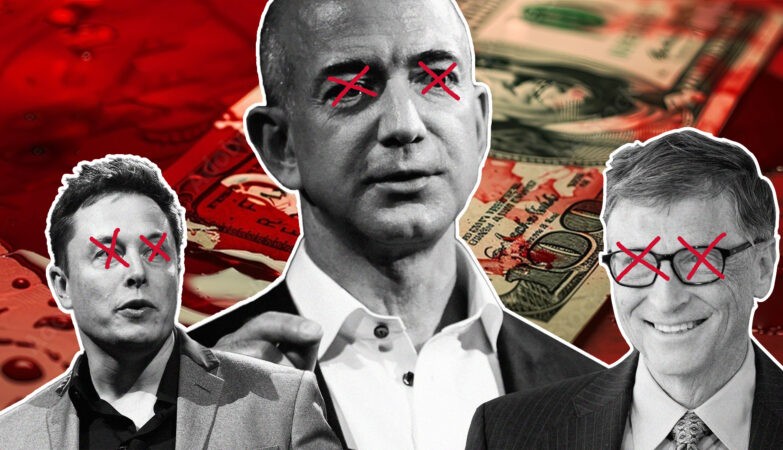Facebook was hit with twin lawsuits by the Federal Trade Commission and attorneys general from dozens of states in one of the most serious challenges ever to the Silicon Valley giant. The cases could potentially result in Facebook being broken up. Here’s what we know.
On December 9th, the Federal Trade Commission sued Facebook, alleging that the company is illegally maintaining its personal social networking monopoly through a years-long course of anticompetitive conduct. Following a lengthy investigation in cooperation with a coalition of attorneys general of 46 states, the District of Columbia, and Guam, the complaint alleges that Facebook has engaged in a systematic strategy—including its 2012 acquisition of up-and-coming rival Instagram, its 2014 acquisition of the mobile messaging app WhatsApp, and the imposition of anticompetitive conditions on software developers—to eliminate threats to its monopoly. This course of conduct harms competition, leaves consumers with few choices for personal social networking, and deprives advertisers of the benefits of competition.
The FTC is seeking a permanent injunction in federal court that could, among other things: require divestitures of assets, including Instagram and WhatsApp; prohibit Facebook from imposing anticompetitive conditions on software developers; and require Facebook to seek prior notice and approval for future mergers and acquisitions.
“Personal social networking is central to the lives of millions of Americans,” said Ian Conner, Director of the FTC’s Bureau of Competition. “Facebook’s actions to entrench and maintain its monopoly deny consumers the benefits of competition. Our aim is to roll back Facebook’s anticompetitive conduct and restore competition so that innovation and free competition can thrive.”
According to the FTC’s complaint, Facebook is the world’s dominant personal social networking service and has monopoly power in a market for personal social networking services. This unmatched position has provided Facebook with staggering profits. Last year alone, Facebook generated revenues of more than $70 billion and profits of more than $18.5 billion.
Anticompetitive Acquisitions
According to the FTC’s complaint, Facebook targeted potential competitive threats to its dominance. Instagram, a rapidly growing startup, emerged at a critical time in personal social networking competition, when users of personal social networking services were migrating from desktop computers to smartphones, and when consumers were increasingly embracing photo-sharing. The complaint alleges that Facebook executives, including CEO Mark Zuckerberg, quickly recognized that Instagram was a vibrant and innovative personal social network and an existential threat to Facebook’s monopoly power.
The complaint alleges that Facebook initially tried to compete with Instagram on the merits by improving its own offerings, but Facebook ultimately chose to buy Instagram rather than compete with it. Facebook’s acquisition of Instagram for $1 billion in April 2012 allegedly both neutralizes the direct threat posed by Instagram and makes it more difficult for another personal social networking competitor to gain scale.
Around the same time, according to the complaint, Facebook perceived that “over-the-top” mobile messaging apps also presented a serious threat to Facebook’s monopoly power. In particular, the complaint alleges that Facebook’s leadership understood—and feared—that a successful mobile messaging app could enterthe personal social networking market, either by adding new features or by spinning off a standalone personal social networking app.
The complaint alleges that, by 2012, WhatsApp had emerged as the clear global “category leader” in mobile messaging. Again, according to the complaint, Facebook chose to buy an emerging threat rather than compete, and announced an agreement in February 2014 to acquire WhatsApp for $19 billion. Facebook’s acquisition of WhatsApp allegedly both neutralizes the prospect that WhatsApp itself might threaten Facebook’s personal social networking monopoly and ensures that any future threat will have a more difficult time gaining scale in mobile messaging.
Anticompetitive Platform Conduct
The complaint also alleges that Facebook, over many years, has imposed anticompetitive conditions on third-party software developers’ access to valuable interconnections to its platform, such as the application programming interfaces (“APIs”) that allow the developers’ apps to interface with Facebook. In particular, Facebook allegedly has made key APIs available to third-party applications only on the condition that they refrain from developing competing functionalities, and from connecting with or promoting other social networking services.
The complaint alleges that Facebook has enforced these policies by cutting off API access to blunt perceived competitive threats from rival personal social networking services, mobile messaging apps, and other apps with social functionalities. For example, in 2013, Twitter launched the app Vine, which allowed users to shoot and share short video segments. In response, according to the complaint, Facebook shut down the API that would have allowed Vine to access friends via Facebook.
The lawsuit follows an investigation by the FTC’s Technology Enforcement Division, whose staff cooperated closely with a coalition of attorneys general, under the coordination of the New York State Office of the Attorney General. Participating Attorneys General include: Alaska, Arizona, Arkansas, California, Colorado, Connecticut, Delaware, the District of Columbia, Florida, Guam, Hawaii, Idaho, Illinois, Indiana, Iowa, Kansas, Kentucky, Louisiana, Maine, Maryland, Massachusetts, Michigan, Minnesota, Mississippi, Missouri, Montana, Nebraska, Nevada, New Hampshire, New Jersey, New Mexico, New York, North Carolina, North Dakota, Ohio, Oklahoma, Oregon, Pennsylvania, Rhode Island, Tennessee, Texas, Utah, Vermont, Virginia, Washington, West Virginia, Wisconsin, and Wyoming.
The Commission vote to authorize staff to file for a permanent injunction and other equitable relief in the U.S. District Court for the District of Columbia was 3-2. Commissioners Noah Joshua Phillips and Christine S. Wilson voted no.
NOTE: The Commission issues a complaint when it has “reason to believe” that the law has been or is being violated, and it appears to the Commission that a proceeding is in the public interest.
The Federal Trade Commission works to promote competition, and protect and educate consumers. You can learn more about how competition benefits consumers or file an antitrust complaint.
Google has joined Facebook in the fight
According to WSJ, Facebook Inc. and Alphabet Inc’s Google agreed to “cooperate and assist one another” if they ever faced an investigation into their pact to work together in online advertising, according to an unredacted version of a lawsuit filed by 10 states against Google last week.
The suit, as filed, cites internal company documents that were heavily redacted. The Wall Street Journal reviewed part of a recent draft version of the suit without redactions, which elaborated on findings and allegations in the court documents.
Ten Republican attorneys general, led by Texas, are alleging that the two companies cut a deal in September 2018 in which Facebook agreed not to compete with Google’s online advertising tools in return for special treatment when it used them.
Google used language from “Star Wars” as a code name for the deal, according to the lawsuit, which redacted the actual name. The draft version of the suit says it was known as “Jedi Blue.”
The lawsuit itself said Google and Facebook were aware that their agreement could trigger antitrust investigations and discussed how to deal with them, in a passage that is followed by significant redactions.
The draft version spells out some of the contract’s provisions, which state that the companies will “cooperate and assist each other in responding to any Antitrust Action” and “promptly and fully inform the Other Party of any Governmental Communication Related to the Agreement.”
In the companies’ contract, “the word [REDACTED] is mentioned no fewer than 20 times,” the lawsuit says. The unredacted draft fills in the word: Antitrust.
A Google spokesperson said such agreements over antitrust threats are extremely common.
The states’ “claims are inaccurate. We don’t manipulate the auction,” the spokesperson said, adding that the deal wasn’t secret and that Facebook participates in other ad auctions. “There’s nothing exclusive about [Facebook’s] involvement and they don’t receive data that is not similarly made available to other buyers.”
The redacted lawsuit filed last week makes no mention of Facebook Chief Operating Officer Sheryl Sandberg. According to the draft version, Ms. Sandberg signed the deal with Google. The draft version also cites an email where she told CEO Mark Zuckerberg and other executives: “This is a big deal strategically.”
Like Google, Facebook has also disputed the allegations in the lawsuit, saying its agreements for bidding on advertising promote choice and create clear benefits for advertisers, publishers and small businesses.
“Any allegation that this harms competition or any suggestion of misconduct on the part of Facebook is baseless,” a Facebook spokesperson said.
The final version of the lawsuit didn’t make public details about the deal’s value. The draft states that starting in the deal’s fourth year, Facebook is locked into spending a minimum of $500 million annually in Google-run ad auctions. “Facebook is to win a fixed percent of those auctions,” the draft version says. The lawsuit says “Facebook is to [REDACTED].”
According to the draft version, an internal Facebook document described the deal as “relatively cheap” when compared with direct competition, while a Google presentation said if the company couldn’t “avoid competing with” Facebook, it would collaborate to “build a moat.” The redacted lawsuit filed last week doesn’t include those quotes.
The lawsuit alleges that Google executives worried ahead of the deal about competition from Facebook as well as others deploying “header bidding,” a technique for buying and selling online ads.
In an internal Google presentation from October 2016, an employee expressed concern about the potential for competition from Facebook and other big tech companies, saying, “to stop these guys from doing HB [header bidding] we probably need to consider something more aggressive,” according to the draft.
- Pam Bondi and Kash Patel Are Protecting Elite Pedophiles - February 12, 2026
- Why the Dead Internet Theory Is True - February 11, 2026
- Why Republicans Will Lose the 2026 Midterms - February 8, 2026



